EU Project Pravo-Justice held a roundtable event on optimising the network of local courts in Ukraine
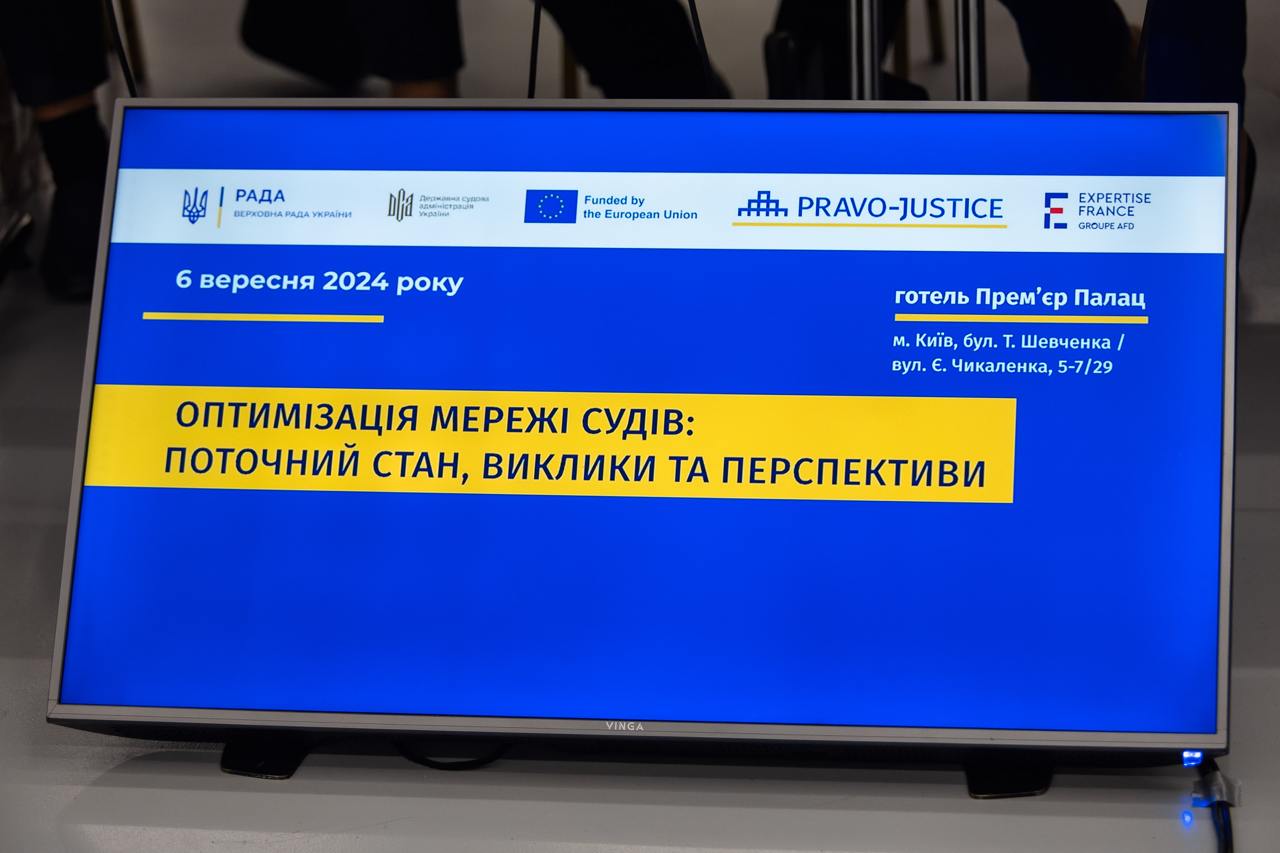
On 6 September, with the support of EU Project Pravo-Justice, a roundtable event “Optimisation of the Court Network: Current Status, Challenges and Prospects”. MPs, representatives of the Supreme Court, High Council of Justice, High Qualification Commission of Judges, Council of Judges, State Judicial Administration, Office of the President of Ukraine, judges of local courts and courts of appeal, as well as representatives of NGOs and international technical assistance projects took part in the event. They discussed various models of optimising the local court network, taking into account current challenges and specifics of their implementation.
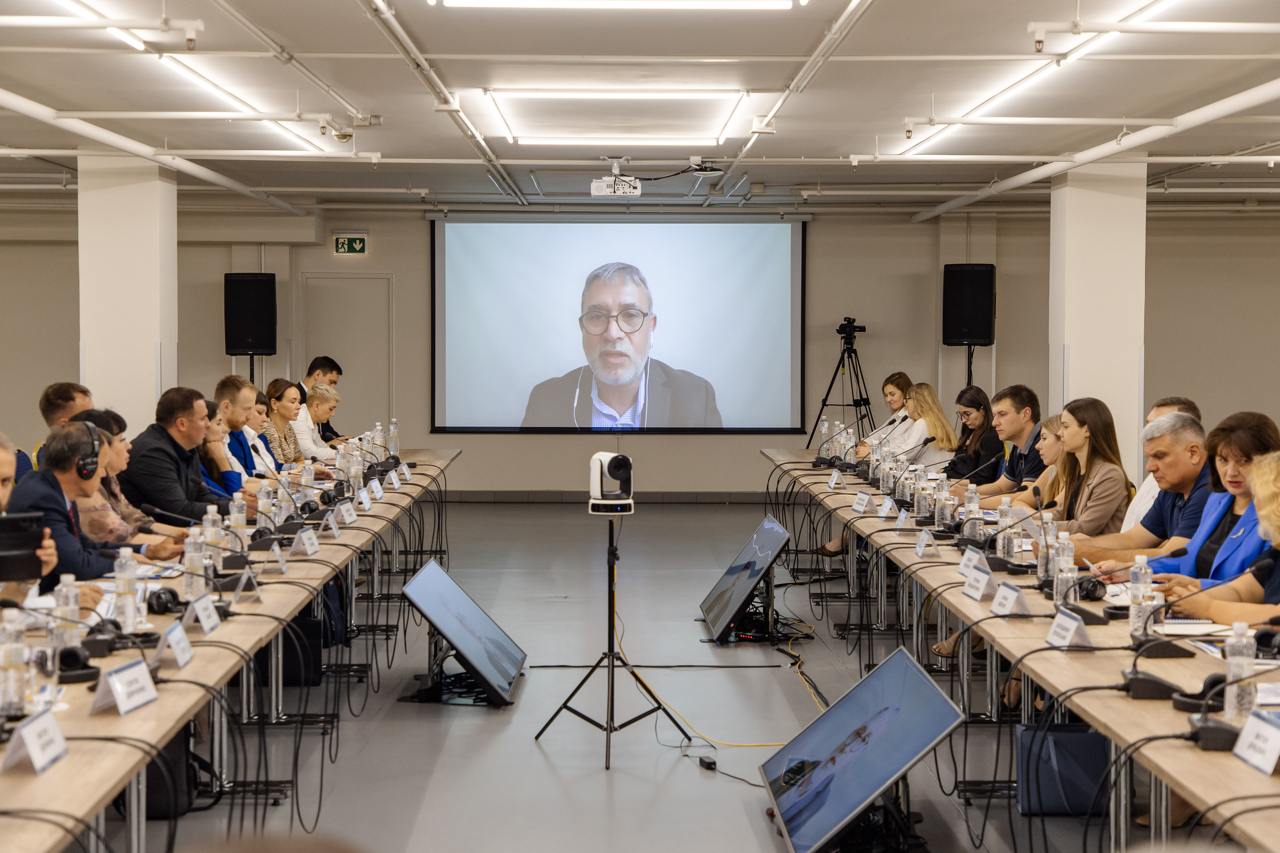
Asier Santillán Luzuriaga, Head of Section “Good Governance and Rule of Law” at the EU Delegation to Ukraine, said that one of the main priorities for Ukraine on its way to the EU is to ensure proper access to justice. An integral part of this effort is court remapping in Ukraine, especially given the wartime challenges.
“Access to justice must be ensured throughout Ukraine, and it must meet current requirements and needs,” he emphasised.
In his opinion, optimising the court network will ensure the optimal allocation of financial resources for the judiciary’s needs, which, however, will not adversely affect the quality of judicial services.
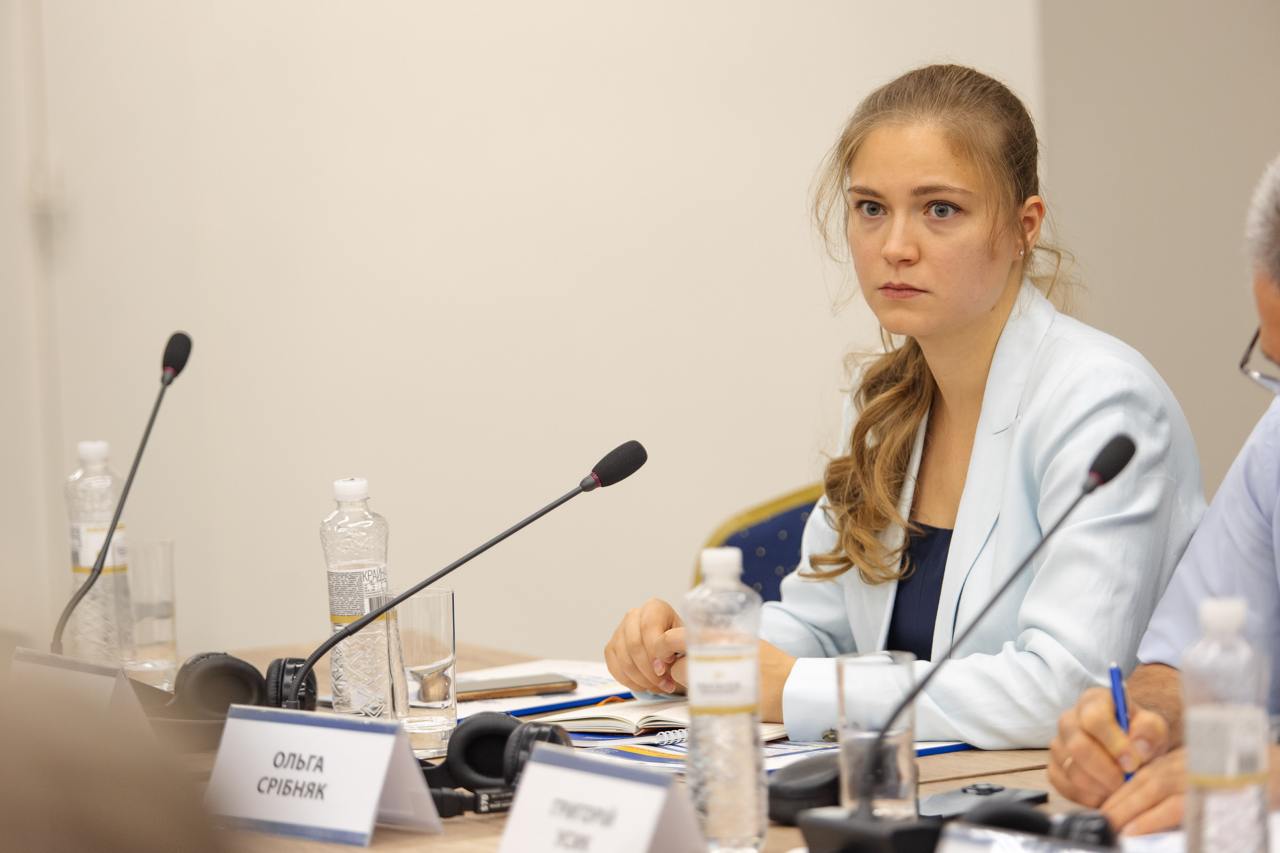
At the same time, Olha Sribniak, Deputy Team Leader of EU Project Pravo-Justice, noted that optimising the court network is a complex process that requires addressing demographic changes, the workload of judges and court staff, and financial and technical resources. Despite the war, it is necessary to continue developing approaches and criteria for implementing such a reform.
“The design of a new map of local courts should ensure proper access to justice based on the administrative and territorial reform, audit of available logistical and technical resources, research of the workload of judges and court staff, economic feasibility, and, of course, taking into account the special challenges of ensuring access to justice in the area close to hostilities,” said Olha Sribniak.
According to Deputy Team Leader of EU Project Pravo-Justice, ensuring proper material and technical facilities, as well as access to key justice sector institutions, such as police, public prosecution office, enforcement service and free legal aid, must play an essential role in this process.
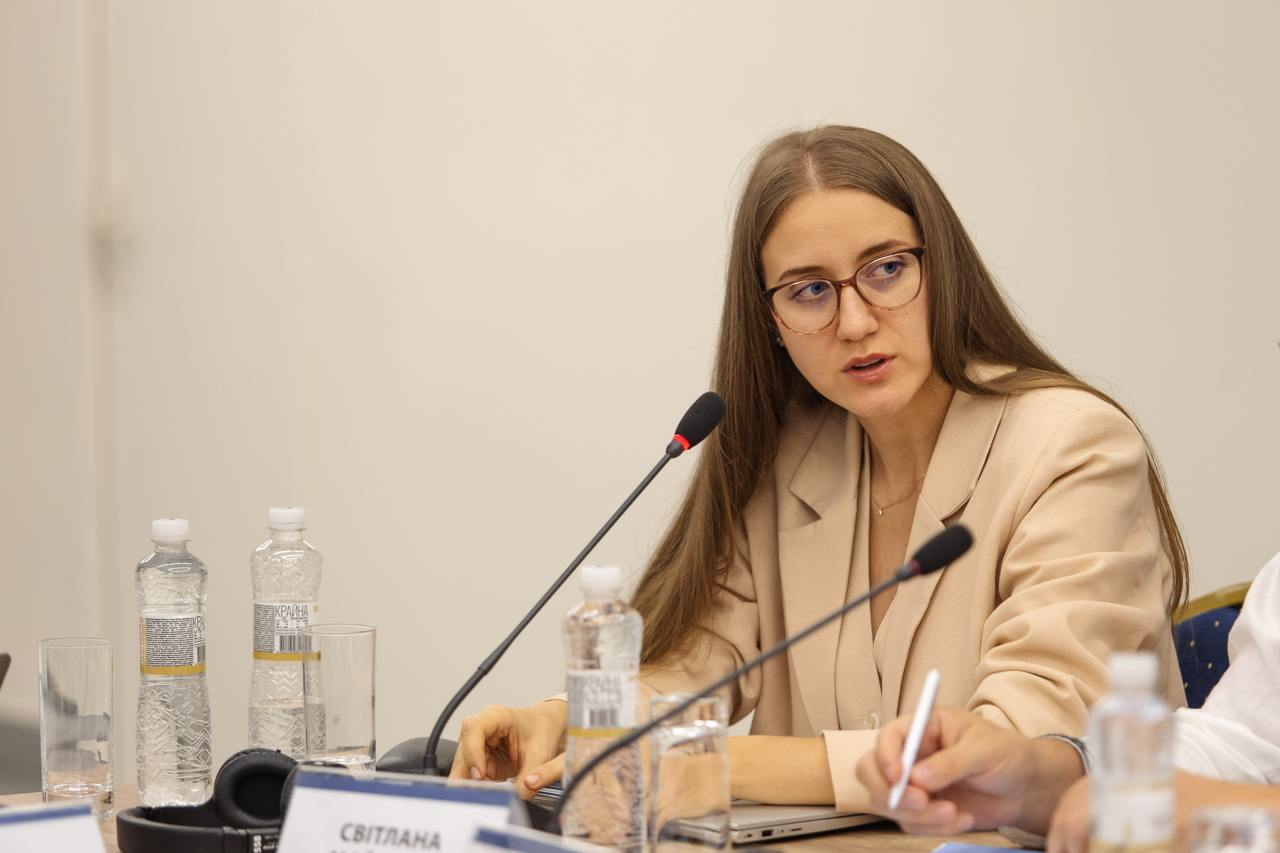
In her turn, Svitlana Maistruk, Key Expert on Court Modernisation of EU Project Pravo-Justice, emphasised that optimisation of the network of general local courts should meet the citizens’ needs in order to ensure proper access to justice. “This should be facilitated by systematic and clear communication of the reform, cooperation with local communities and taking advantage of the digitalisation of the justice sector to ensure user-friendly court services for citizens,” she said.
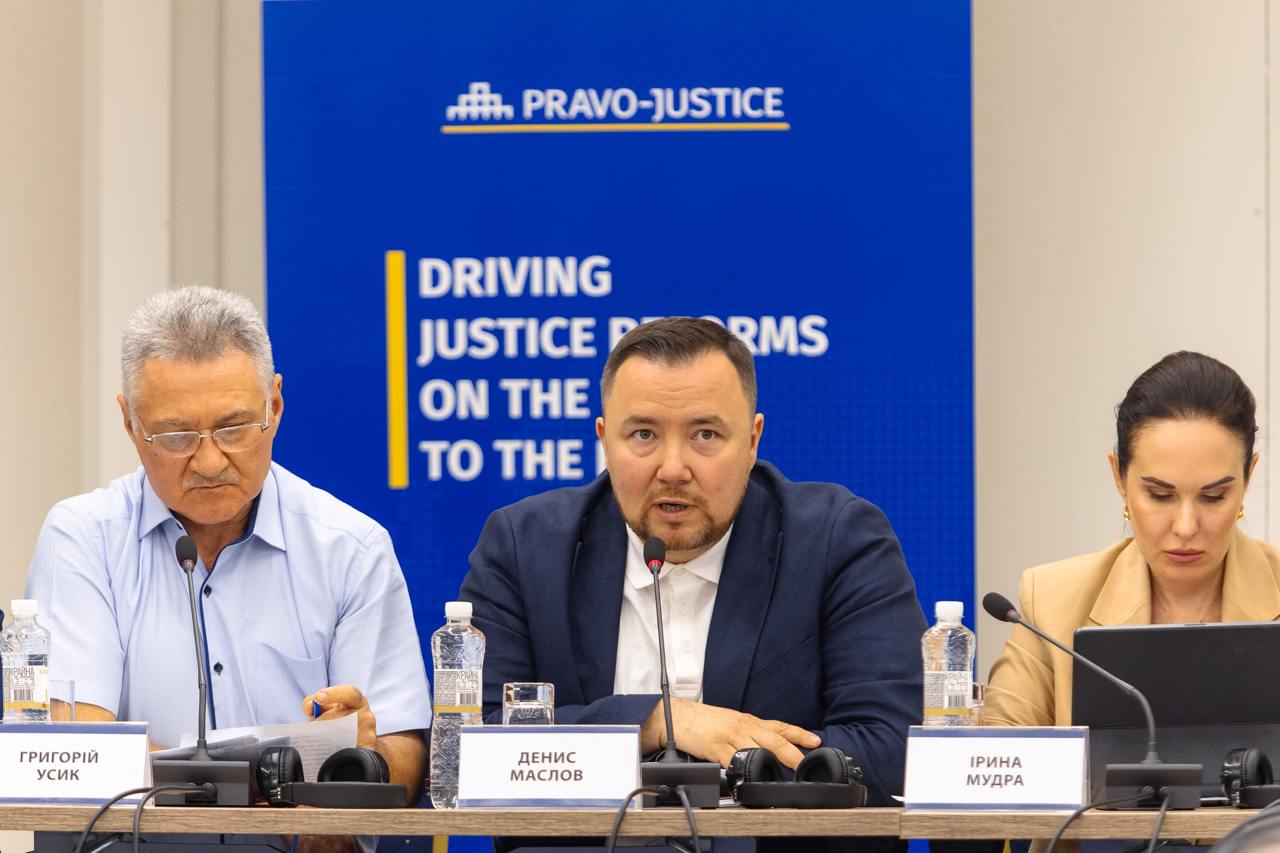 Denys Maslov, Head of the Parliamentary Legal Policy Committee, said that the network of courts should be optimised with extreme caution, with all processes worked out to the finest detail, especially during martial law. According to him, the reform should be commenced in one pilot region. In his opinion, it could be the Zakarpattia region.
Denys Maslov, Head of the Parliamentary Legal Policy Committee, said that the network of courts should be optimised with extreme caution, with all processes worked out to the finest detail, especially during martial law. According to him, the reform should be commenced in one pilot region. In his opinion, it could be the Zakarpattia region.
“We must implement this in an example in one particular region, taking into account all the challenges we will face. It includes escorting detainees, transporting persons facing administrative responsibility, witnesses, victims... Also, in the framework of optimisation, courts should have proper facilities and access to digital technologies,” he said.
Denys Maslov expressed confidence that a high-quality reform will be designed and implemented.
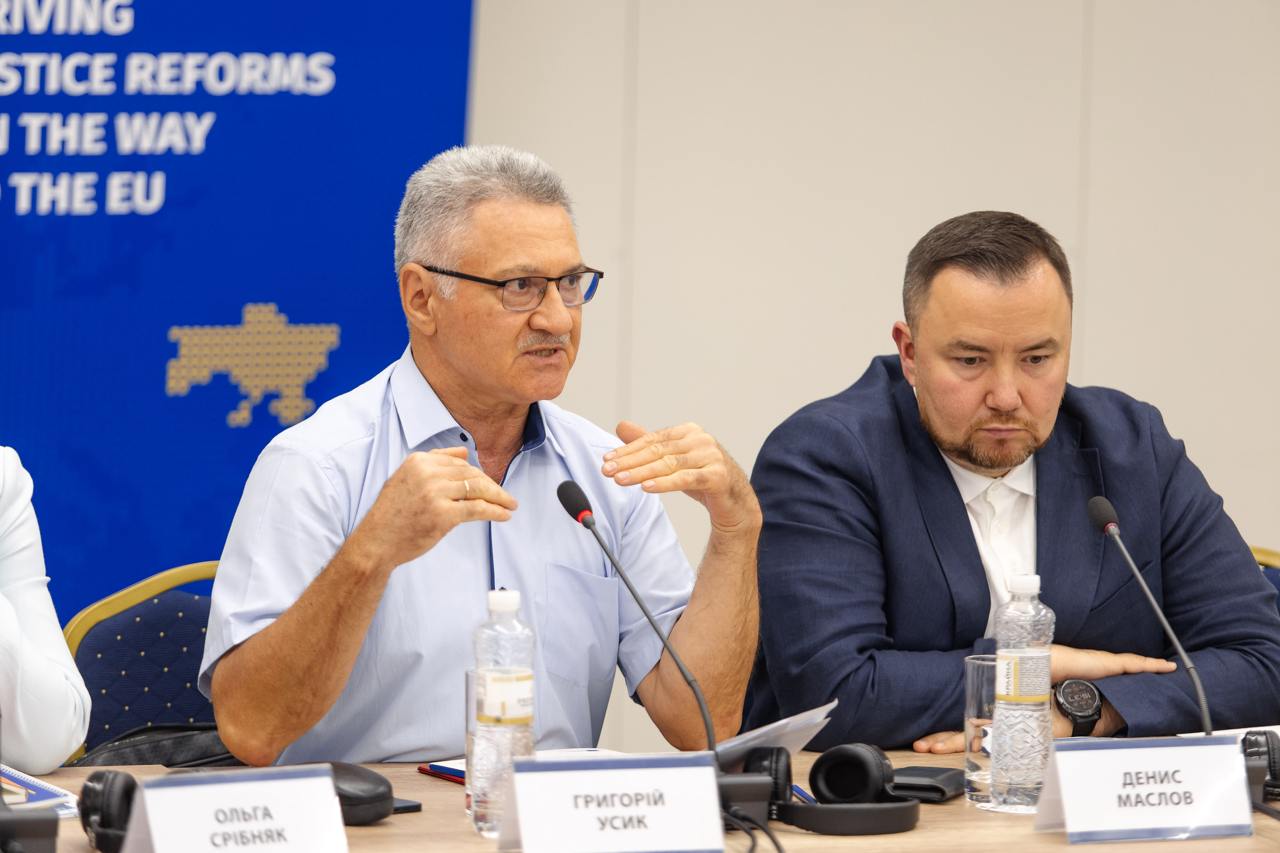 For his part, Hryhorii Usyk, Chair of the High Council of Justice, said that optimising the network of local courts is a component of judicial reform, which is one of the conditions for successful European integration. He also expressed the view that this issue should be addressed in a balanced manner, developing a systemic and comprehensive approach that would take into account the specificities of the regions. According to the HCJ Chair, the reform should also be started in a pilot region.
For his part, Hryhorii Usyk, Chair of the High Council of Justice, said that optimising the network of local courts is a component of judicial reform, which is one of the conditions for successful European integration. He also expressed the view that this issue should be addressed in a balanced manner, developing a systemic and comprehensive approach that would take into account the specificities of the regions. According to the HCJ Chair, the reform should also be started in a pilot region.
Meanwhile, Andrii Pasichnyk, Chair of the High Qualification Commission of Judges of Ukraine, stressed that optimising the court network is not an end in itself. “We are focusing on this issue to ensure citizens’ access to justice,” he emphasised.
According to him, filling court vacancies, particularly selecting new judges, remains an equally important issue.
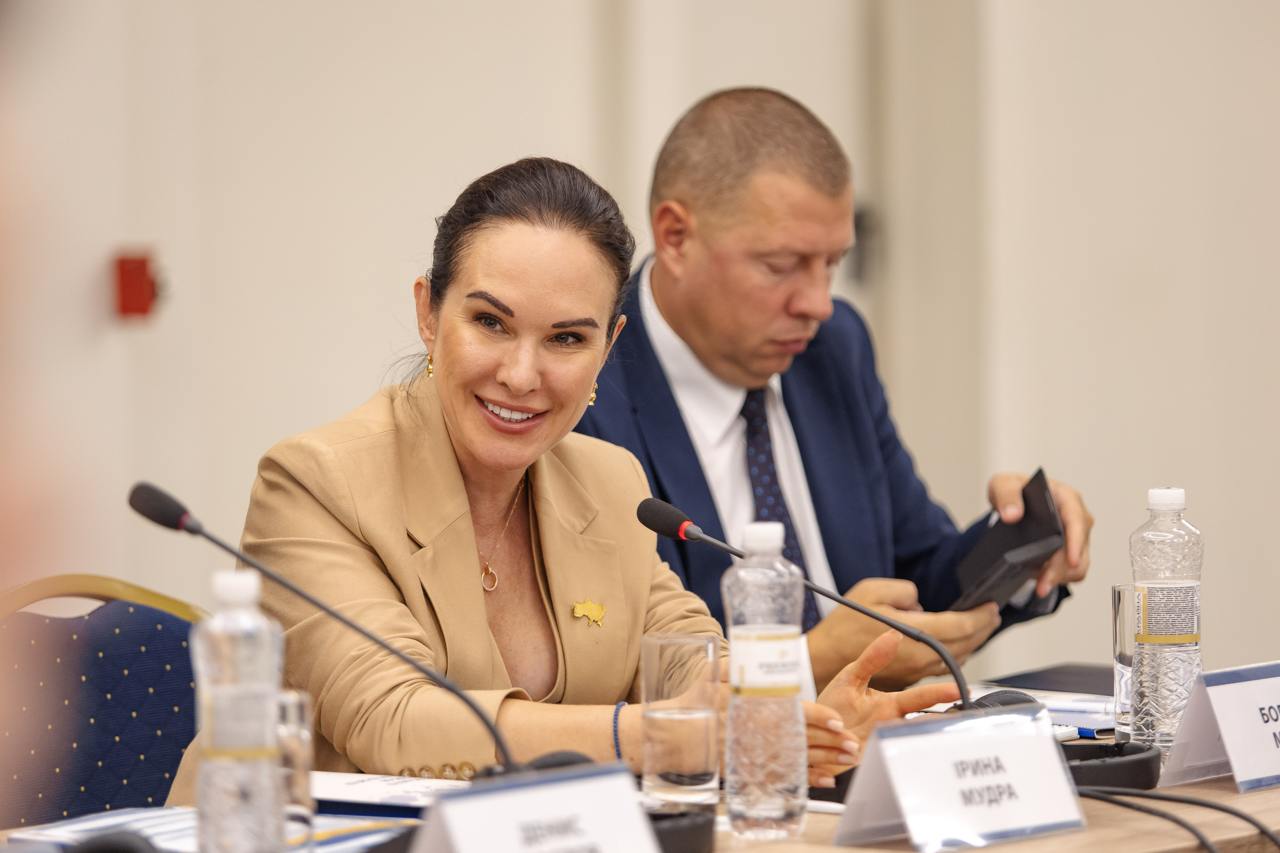 Iryna Mudra, Deputy Head of the Office of the President of Ukraine, noted that optimising the court network is a complex and socially sensitive issue, particularly during martial law. At the same time, the efficient implementation of the reform will help to balance the judicial caseload across the country, ensure reasonable timeframes for case consideration, and optimise the costs of financing the judiciary, which will lead to long-term savings in the area of court maintenance, and help change the Soviet and communist names of courts.
Iryna Mudra, Deputy Head of the Office of the President of Ukraine, noted that optimising the court network is a complex and socially sensitive issue, particularly during martial law. At the same time, the efficient implementation of the reform will help to balance the judicial caseload across the country, ensure reasonable timeframes for case consideration, and optimise the costs of financing the judiciary, which will lead to long-term savings in the area of court maintenance, and help change the Soviet and communist names of courts.
According to her, the Office of the President is currently working on updating the Justice System Development Strategy, which, among other things, will include remapping local courts to achieve the strategic goal of “Improving Access to Justice”.
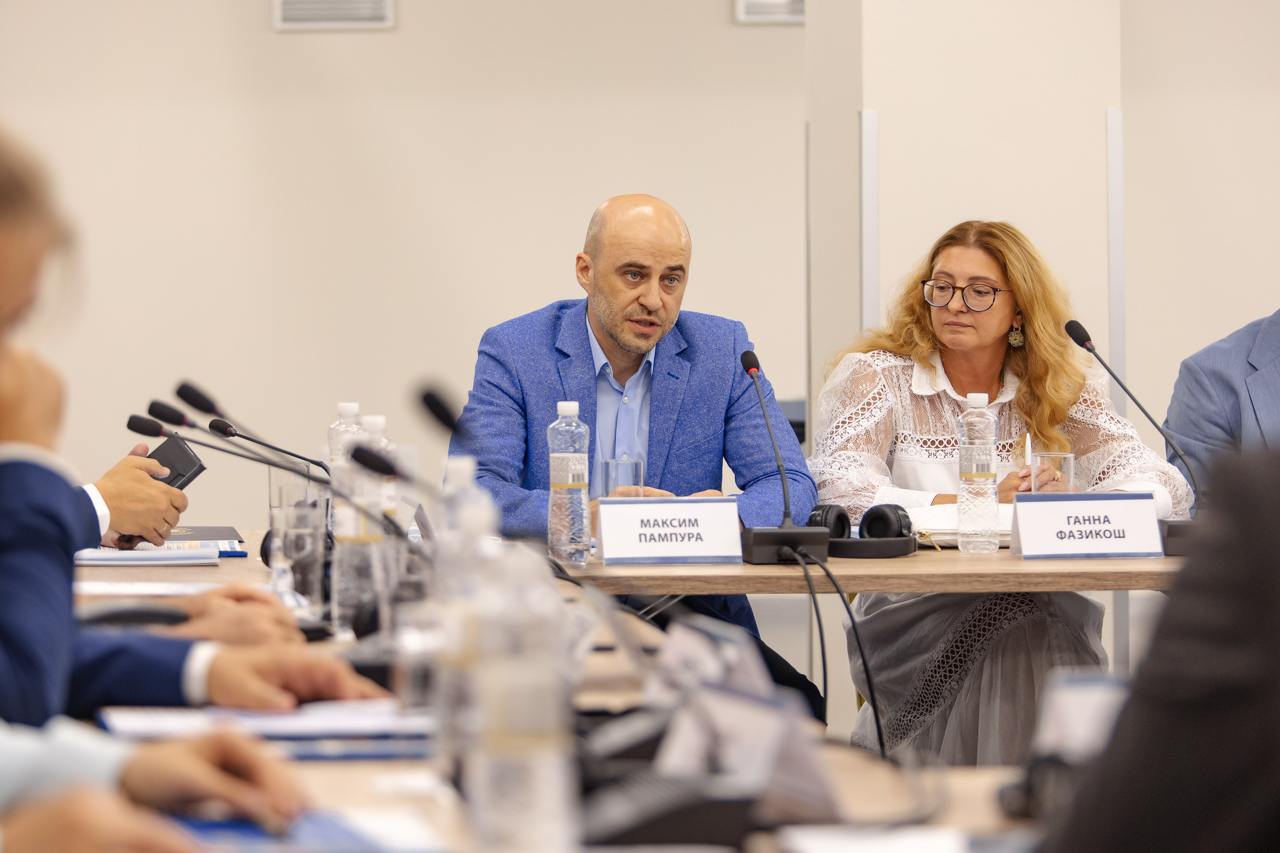 According to Maksym Pampura, Acting Head of the State Judicial Administration of Ukraine, trying to remap courts via pilot projects would be feasible.
According to Maksym Pampura, Acting Head of the State Judicial Administration of Ukraine, trying to remap courts via pilot projects would be feasible.
“It will give us an opportunity to analyse challenges that may arise in the process. At the same time, we will build upon the best practices and use them to optimise the court network in other regions of Ukraine,” he said.
Maksym Pampura also drew the participants’ attention to the need to finally eliminate the Soviet names of courts that still exist. According to him, there are 107 such courts with Soviet names across the country. “Optimising the map of courts will help us implement the requirements of the Law on Decommunisation,” emphasised the Acting Head of the State Judicial Administration of Ukraine.
Bohdan Monich, Chair of the Council of Judges of Ukraine, noted that reforming the administrative and territorial structure is the basis for optimising court network. That is why the respective law should cover the whole country, though it will take more than a year to implement.
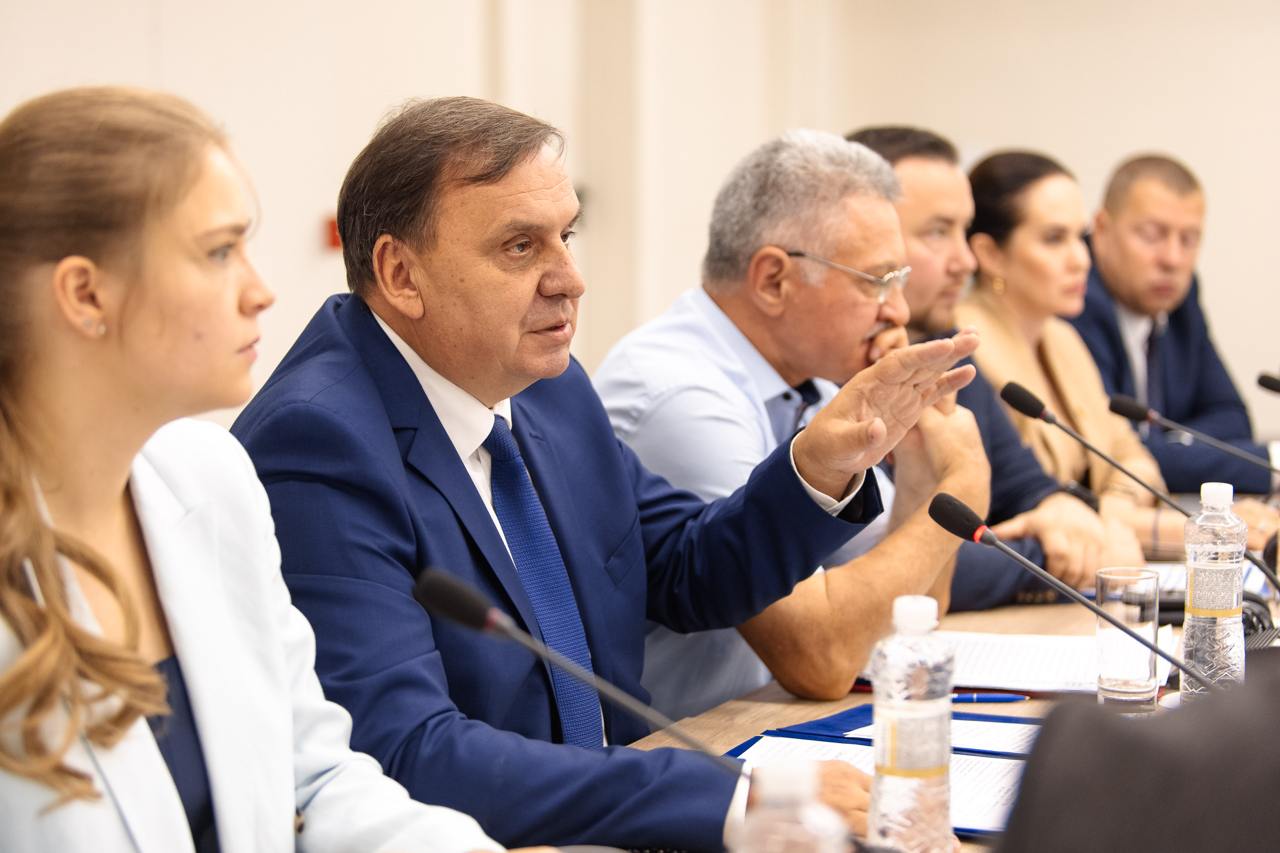
Supreme Court Chief Justice Stanislav Kravchenko said that reforming the court network should help ensure proper consideration of cases and judicial control in the light of the staff shortage in courts.
“The optimised map of local courts will not only align the court system with the territorial structure, but also ensure efficient judicial control and provision of court services despite the lack of judges in local courts and courts of appeal,” emphasised Stanislav Kravchenko.